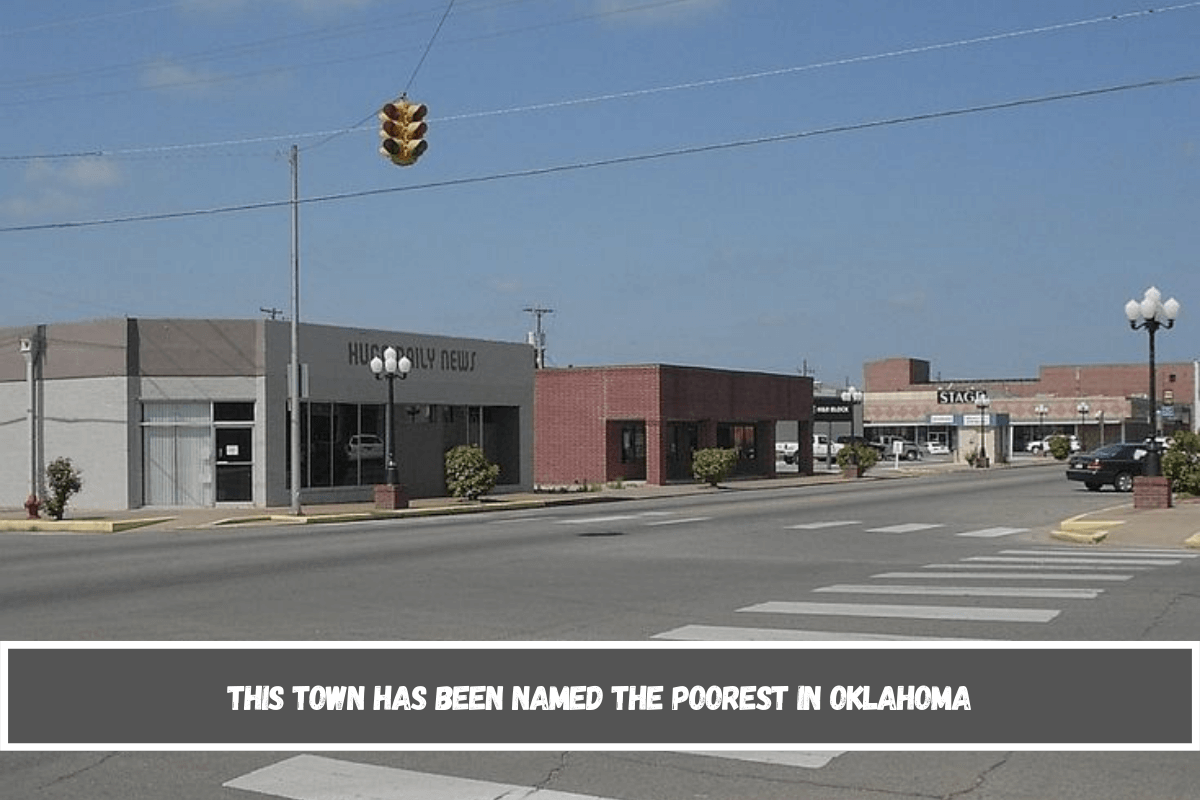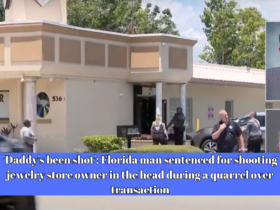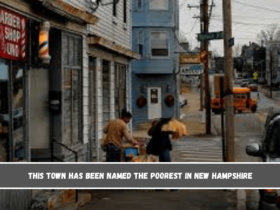Hugo, Oklahoma, has been identified as the poorest town in the state, reflecting broader economic challenges faced by many rural communities in Oklahoma. As of the 2020 census, Hugo had a population of approximately 5,166 residents and has consistently ranked at the bottom in terms of income and economic stability.
Economic Overview
The median household income in Hugo is notably low, recorded at about $19,321, with a per capita income of just $11,676. The economic struggles are evident, with 29.4% of the population living below the poverty line.
This figure includes a staggering 43.5% of children under 18 years old, indicating a significant concentration of poverty among vulnerable populations. The local economy has traditionally relied on agriculture, timber, and ranching; however, these sectors have faced decline due to mechanization and changing market demands.
Challenges Faced
Hugo’s economic difficulties are compounded by systemic issues within Oklahoma. The state ranks as the sixth poorest in the nation, with a poverty rate of 15.9%, which is higher than the national average of 12.5%.
This economic environment has led to a lack of investment and opportunities in towns like Hugo, resulting in population decline as residents seek better prospects elsewhere. In addition to economic hardships, Hugo has faced environmental challenges.
The city was involved in a significant legal case regarding improperly treated drinking water, which highlighted deficiencies in local infrastructure and governance.
Although a settlement was reached for nearly $1 million to improve water facilities, state budget shortfalls prevented these funds from benefiting the community directly. This situation exemplifies the ongoing struggles that hinder progress and development in Hugo.
Conclusion
Hugo serves as a microcosm of the broader economic issues facing rural Oklahoma. With high poverty rates and limited resources, the town exemplifies the urgent need for targeted policies aimed at economic revitalization and improved living conditions for its residents.
Addressing these challenges will require concerted efforts from both local leaders and state policymakers to create sustainable solutions that can uplift communities like Hugo from their current plight.











Leave a Reply